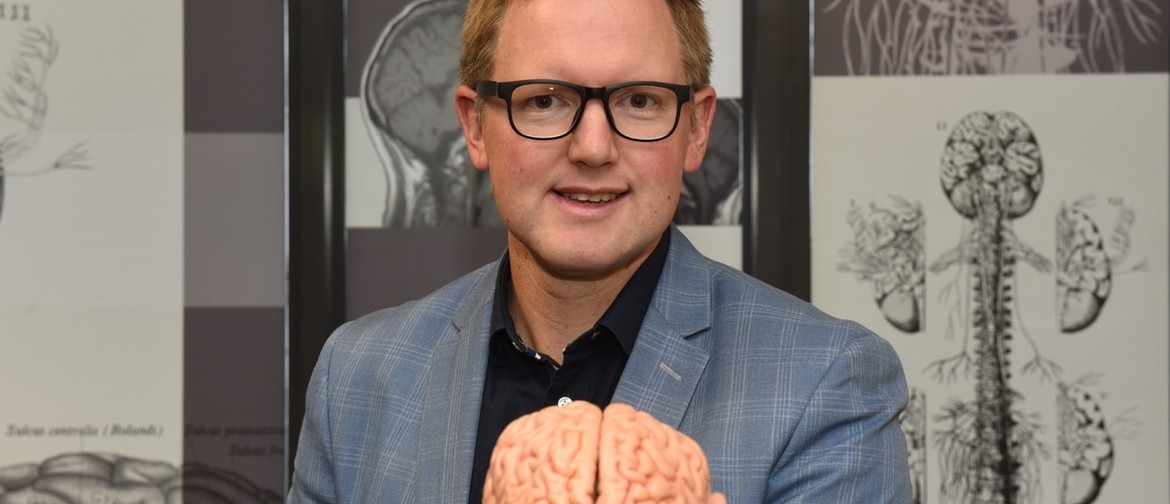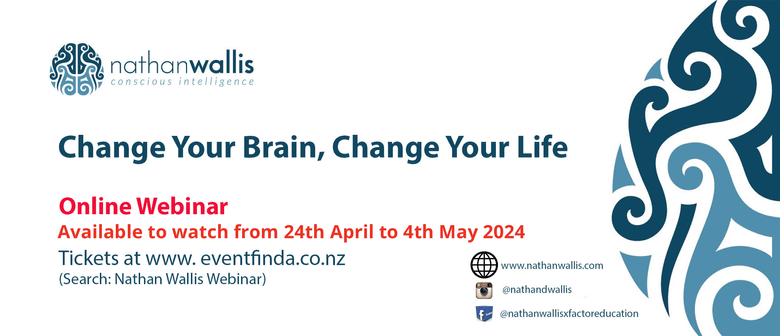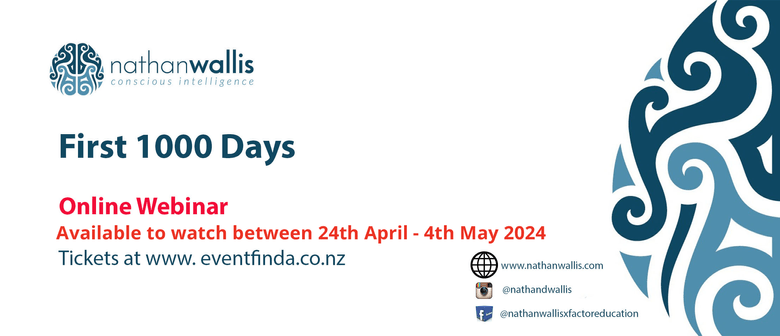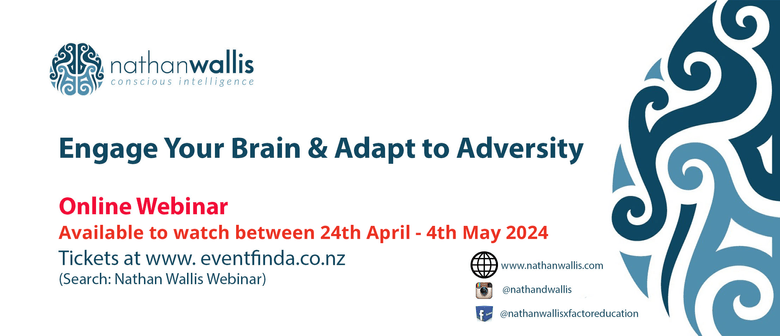Royal Society Talk: Your Amazing Brain in Health and Disease
Scion, 49 Sala Street, Rotorua, Bay of Plenty
Restrictions
Website
Listed by
Your Amazing Brain in Health and Disease
In just 6 weeks the brain develops all the functional units it needs in a process that is the most remarkable in all of nature. But how does this process work? Your brain, through the formation of connections and the production of neurotransmitters will function faithfully for most of your life and for most people it will never fail them.
However, if a neurodegenerative disease develops then a range of complex cellular processes begins and the brain tries to cope with these diseases by compensating, clearing abnormal proteins and regenerating. How does this process work and can we enhance these processes to avoid neurological diseases? As a scientist, I am interested in early detection of diseases and also disease modifying treatments.
In this talk I will discuss how the human brain develops, what the earliest signs of neurodegenerative brain diseases are and how we are approaching the important task of improving brain function once these diseases begin.
About the speaker:
Maurice is Professor of Neuroscience and the Head of the Department of Anatomy and Medical Imaging at the University of Auckland. From a rural background Maurice studied Radiography before completing a Masters and Doctoral degree in Anatomy and Pharmacology. From there Maurice worked as a postdoctoral research scientist at Gothenburg University in Sweden. In 2007, he returned from Sweden to take up a permanent position at the University of Auckland.
Today Maurice runs a research group focussed on understanding the earliest changes that occur in the brain in Parkinson’s disease and Alzheimer’s disease with the aim of stopping these diseases before the classical symptoms develop.
In addition, his research group studies plasticity in the brain and how it helps the brain stay ‘young’. Maurice is also passionate about teaching neuroscience to medical and science students and is an active graduate student supervisor.
Log in / Sign up
Continuing confirms your acceptance of our terms of service.




Post a comment